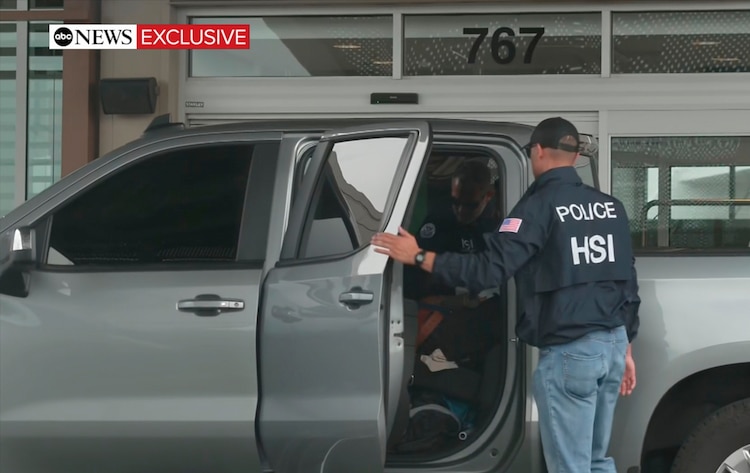Kilmar Abrego Garcia, a Salvadoran man, was mistakenly deported from Maryland to El Salvador by the Trump administration despite a 2019 court order forbidding his deportation. He has now returned to the U.S. to face federal human smuggling charges. His case has sparked renewed controversy over balancing immigration control with protecting individual rights. This post explores the complexities of his deportation, the resulting legal battles, and the broader implications for U.S. immigration policy.reuters.com
Abrego Garcia’s wrongful deportation is a cautionary tale of what happens when policy rushes ahead of proper legal procedure.
Miler Michel
SUMMARY
- Wrongful Deportation: Kilmar Abrego Garcia was deported to El Salvador in 2025 despite a 2019 U.S. court order protecting him from removal.
- Harsh Detention: He was held in El Salvador’s notorious CECOT prison under severe conditions.
- Clerical Oversight: U.S. authorities later acknowledged that the individual’s removal was the result of an internal administrative lapse.
- Supreme Court Intervention: The Court ordered the U.S. government to facilitate his return.
- Criminal Charges: Upon return on June 6, 2025, Garcia was arrested and charged with smuggling undocumented migrants from Texas to Maryland.
- Defense Response: His lawyer disputes the charges, citing unreliable evidence and denying links to criminal gangs like MS-13.
- Judicial Criticism: Judge James Boasberg condemned the administration’s actions and suggested contempt proceedings.
- Policy Implications: The case highlights failures in immigration enforcement and raises serious concerns about due process, civil liberties, and administrative accountability.

📰 The Kilmar Abrego Garcia Case
Background
At 29, Kilmar Abrego Garcia fled escalating gang violence in El Salvador and sought refuge in the United States in 2011. He settled in Maryland, worked in construction, and raised a family, including three children with disabilities. In 2019, a U.S. judge approved his request to remain, citing credible threats to his safety if sent back to El Salvador. (apnews.com)
Erroneous Deportation
Despite the court order, the Trump administration deported Abrego Garcia to El Salvador in March 2025 during a broader immigration crackdown. Authorities detained him in Centro de Confinamiento del Terrorismo (CECOT), a notorious prison known for harsh conditions. (abcnews.go.com)
U.S. officials later admitted the deportation was an “administrative error.” Consequently, the Supreme Court ordered the administration to “facilitate” his return. (factcheck.org, theweek.com)
Legal Proceedings
After returning on June 6, 2025, Abrego Garcia was arrested and charged with conspiracy and unlawful transportation of undocumented immigrants. Prosecutors allege that, from 2016 to 2025, he led a smuggling ring transporting migrants from Texas to Maryland. (reuters.com)
However, his attorney disputes these claims. He argues the charges rely on unreliable testimonies and insists that Abrego Garcia has no ties to criminal groups like MS-13, contrary to government assertions. (ksl.com)
Judicial Response
U.S. District Judge James Boasberg criticized the administration’s handling of the case. He suggested officials may have willfully ignored court orders and stated there is “probable cause” to hold the administration in contempt. (abc.net.au)
Broader Implications
The Abrego Garcia case highlights the ongoing conflict between the executive and judicial branches over immigration enforcement. Moreover, it raises serious concerns about due process, migrant treatment, and how administrative errors can cause life-altering harm.
For expert help through every step of the process, please contact Eden Recruitments for a personalized consultation and make your visa journey smoother and faster.




